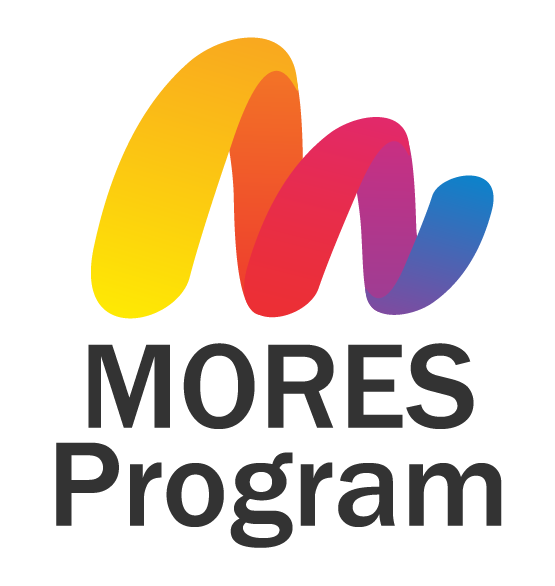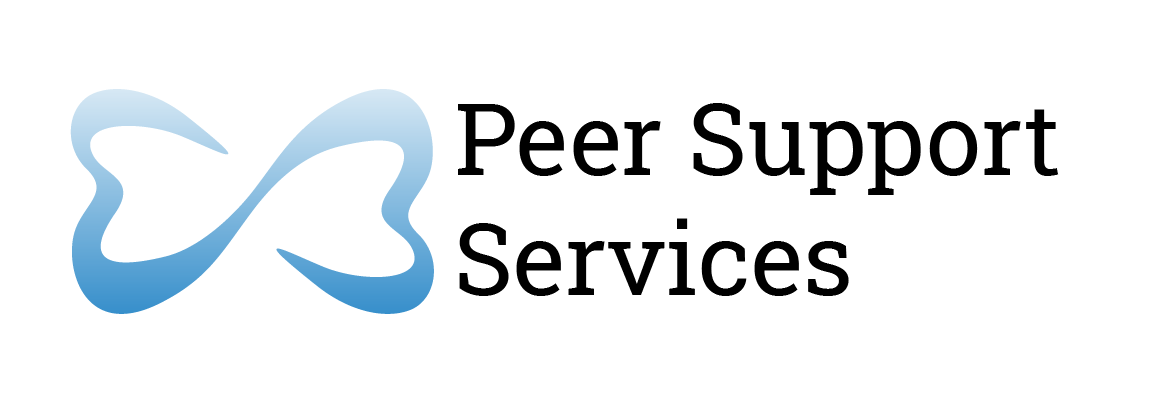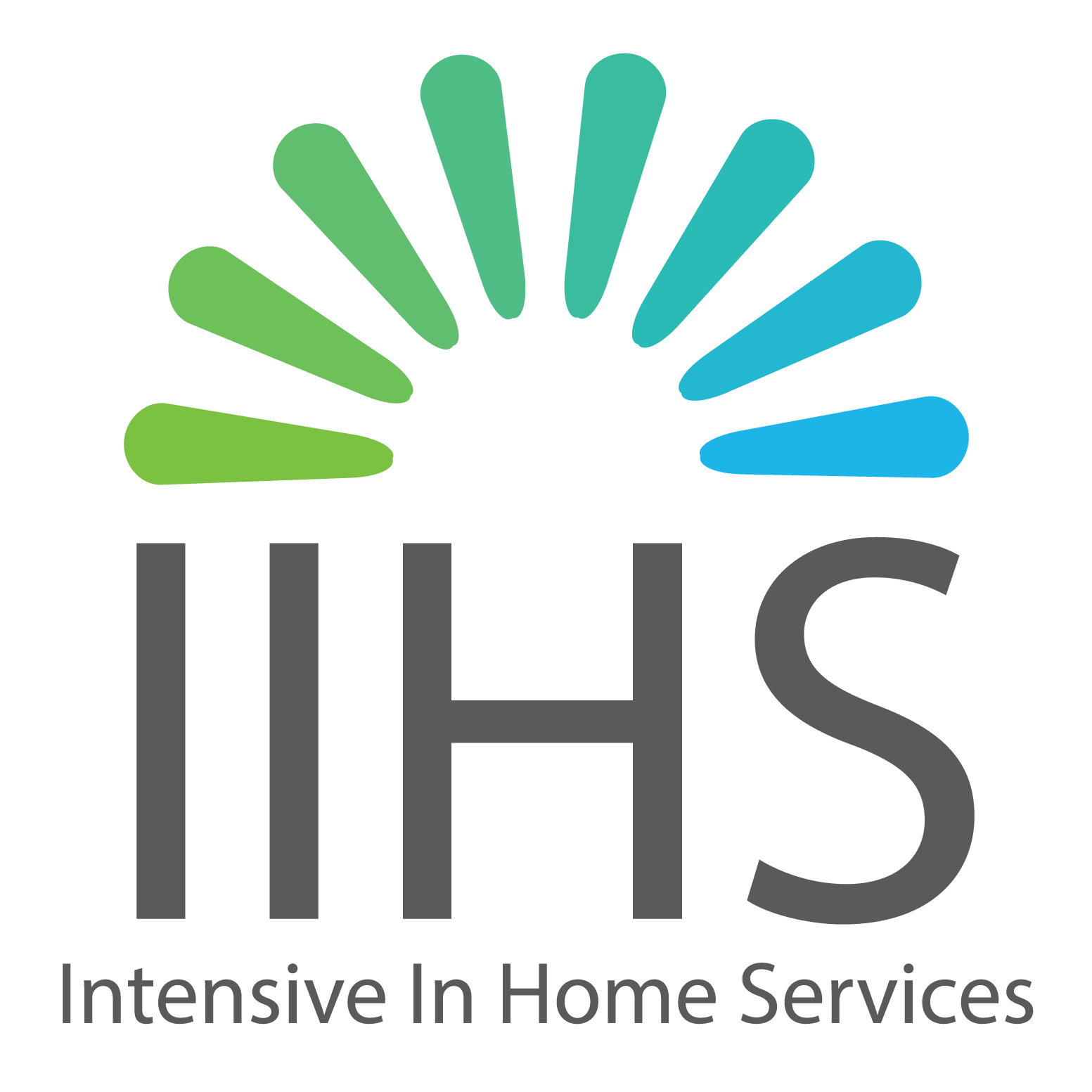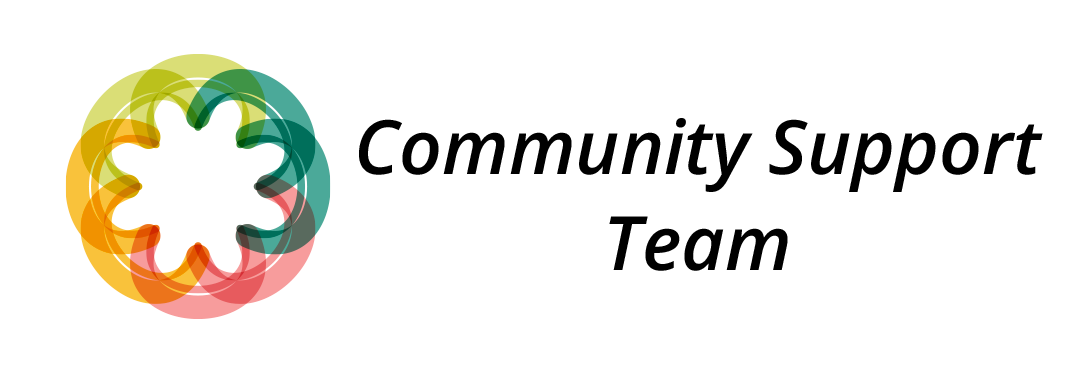
Tailored Care Management (TCM) is a service where a Care Manager can help meet the health goals by coordinating medical, social and behavioral health services and by assisting in finding access resources like transportation, healthy food and safe housing. A Care Manager is a specially trained health care worker who works with the client and all health care providers, including doctors, to make sure clients get the right care when and where they need it. The Care Manager knows what resources are available in the community and will work with local providers.
SPARC is a proud member of the Collaborative Health Network as a participating provider in the Clinically Integrated Network that will allow us to deliver high quality care management services.
The Care Manager can:




Outpatient Plus (OPT Plus) is a combination of therapy services, monitoring, support, and management of care interventions to be provided for individuals with complex clinical needs that traditional outpatient cannot adequately address. This services can be provided to children and their families as well as adults.
OPT Plus is a home and community-based treatment service focused on decreasing psychiatric and behavioral symptoms in order to reduce the need for higher levels of care or increase the likelihood of a successful transition to Outpatient Therapy from higher levels of care. OPT Plus will improve the beneficiary’s ability to navigate systems and improve functioning in familial, social, educational, or occupational life domains.
OPT Plus is designed to:
We currently serve Gaston, Cleveland, Lincoln, Iredell, Catawba, Burke, Rutherford, Yadkin, and Surry counties.

Individual Support Services are “hands-on” individualized assistance with everyday activities that are required by a member with severe and persistent mental illness in order to live independently in the community. The services are intended to support adults ages eighteen (18) and older living in a private home, a licensed group home, an adult care home or a hospital that have a documented plan to transition to independent or shared housing.
Specifically, this service provides assistance with Instrumental Activities of Daily Living (IADL) including preparing meals, managing money, shopping for household necessities, using the telephone, housecleaning, laundry, transporting the member to access the community, medication management, supervision and cuing. The goal is to provide coaching to the member in areas of need and fade this support over time.
We currently serve Mecklenburg, Union, Rowan, Cabarrus, Stanly, Davidson, Stokes, Davie, Rockingham, Alamance, Caswell, and Halifax counties.

Community Support Team (CST) provides direct support to adults with a diagnosis of mental illness, substance use, or co-morbid disorder and who have complex and extensive treatment needs. This service consists of community-based mental health and substance use services, and structured rehabilitative interventions intended to increase and restore a beneficiary’s ability to live successfully in the community. The team approach involves structured, face-to-face therapeutic interventions that assist in reestablishing the beneficiary’s community roles related to the following life domains: emotional, behavioral, social, safety, housing, medical and health, educational, vocational, and legal.
This is an intensive community-based rehabilitation team service that provides direct treatment and restorative interventions as well as case management.
CST is designed to provide:
a. symptom stability by reducing presenting psychiatric or substance use disorder symptoms;
b. restorative interventions for development of interpersonal, community, coping and independent living skills;
c. psychoeducation;
d. first responder intervention to deescalate a crisis; and
e. service coordination and ensure linkage to community services and resources.
We currently serve Mecklenburg, Union, Rowan, Cabarrus, Stanly, Davidson, Stokes, Davie, Rockingham, Yadkin, Surry, and Iredell counties.

Medicaid Managed Care Organizations and Behavioral Health Providers have the potential to partner and improve health care quality and control rising costs, particularly for complex, high-need members. Coordinating behavioral health and medical services, and/or providing evidenced-based programs, may help to dramatically improve quality of care and reap significant savings from avoidable emergency room and inpatient utilization.
The SPARC Network will custom design shared savings programs that work to reduce health care spending for high-cost member populations, while simultaneously increasing the quality of service delivery and outcomes.
If you would like more information, please email dan@thesparcnetwork.net

The SPARC Network uses Transition Management Services (TMS) to provide services to individuals participating in the Transition to Community Living Initiative (TCLI). TMS is a rehabilitation service intended to increase and restore an individual’s ability to live successfully in the community by maintaining tenancy.TMS focuses on increasing the individual’s ability to live as independently as possible, managing the illness, and reestablishing his or her community roles related to the following life domains: emotional, social, safety, housing, medical and health, educational, vocational, and legal.TMS provides structured rehabilitative interventions.
Services Available in: Mecklenburg, Cabarrus, Union, Stanley, Davidson, Forsyth, Davie, Rockingham, Stokes,

The ECR Program works with youth with behavioral health needs who are at risk for abandonment in a hospital setting, at risk for DSS custody due to potential abandonment, and are experiencing crisis episodes and are at risk for restrictive levels of care
· Service elements include comprehensive assessment, crisis management, case management linkage to appropriate levels of care/therapeutic services, and discharge planning
· The program utilizes fully licensed clinicians who provide an immediate comprehensive clinical assessment along with 24-7 service delivery
· For youth in the Emergency Department (ED) or in a non-therapeutic DSS home/placement at risk of admission to the ED, the ECR staff will respond within 2 hours of referral and for other referrals, response will be same day or by end of the following day
· The program is short term, with services lasting on average 60-90 days. During this time, the staff will work with the child and family to diffuse the imminent crisis and link the family to the appropriate community-based services that will allow the child to thrive and meet their goals
· Family settings vs congregate care settings will be utilized whenever possible, as these are consistent with best practices for treatment of youth
Services Available in: Mecklenburg, Cabarrus, and Union counties, and neighboring counties on a case by case basis

The SPARC case management system works to create a comprehensive, integrated system of supports and services which provide effective interventions for the most difficult to treat conditions.
Our Case Managers coordinate closely with Care Coordination in an effort to provide seamless care.
* Clinical Home- coordinates and/or provides comprehensive assessment, and ongoing basic benefits (as needed) for each member.
* Integrated- maintains medical and behavioral provider relationships for supports and services.
* Coordinated- All aspects of the person-centered plan are carried out in such a manner that reflects the interrelationship of each individual service or component, and does not allow gaps in service or wait times between necessary levels of care.
* 24-7 Crisis-Our Case Managers are trained in crisis response and will go into the field as necessary to ensure continuity of care and safety to members.

Children and adults can receive home and office-based Outpatient Therapy by a licensed therapist. Telehealth options are also available based on insurance allowances. Outpatient Therapy includes Individual, Family, and Group Therapy. A Comprehensive Clinical Assessment helps identify the specific needs and then a treatment plan is developed to address those needs. Outpatient Therapy can be used as a step down from more intensive services or in conjunction with some of our adult services. The services are flexible and can range in intensity of 2-4 times per month.

In Home Therapy Services (IHTS) is a combination of the Evidenced-Based Therapy Practice Motivational Interviewing and coordination of care interventions provided in the home and community to children and their families where there are complex clinical needs that traditional outpatient therapy cannot adequately address.
IHTS is a time limited service, approximately 6 months, in which the Therapist and the QP work with the child and their family to meet the therapeutic needs as well as provide linkage to professional and natural supports. The Therapist will provide individual and family therapy to address the child’s mental health needs as well as family systems issues and needs that may complicate traditional outpatient therapy from being successful. The QP will approach the care coordination through the philosophies of System of Care and will work with the various systems involved with the child and family, such as DSS, DJJ, Primary Care, and School System. Upon discharge from IHTS services, children and their
families will be able to continue to receive Outpatient Therapy from the Therapist to ensure continuity of care. The child/family will receive a minimum of 2 hours/week of therapy and care coordination activities.
The goals of IHTS are to:
1 Reduce presenting mental health/psychiatric symptoms
2 Ensure linkage to and coordination with community services and resources
3 Prevent out of home placement
Services Available in: Mecklenburg, Cabarrus, Union, Stanly, Davidson, Forsyth, Davie, Rockingham, Stokes, and Rowan Counties.

Family Centered Treatment® (FCT) is an evidence-based practice (EBP) that is currently being provided in various states. FCT has been gradually formalized into a model of home-based treatment that lowers rates of out of home placements. It has been refined based on research, experience and evidence of effectiveness derived from practice. The foundations of the model are from eco-structural family therapy (Minuchin) and emotionally focused therapy (Johnson). FCT is a systemic family systems change model. The third phase of treatment, valuing changes (through use of paradoxical and experiential exercises), seeks to confirm and capitalize on internal changes within the family so that the family is not dependent on the therapist once services terminate. Services are intensive with a minimum of 10 hours per month provided to the family. FCT incorporates coordination with other systems, such as MCO, DSS and DJJ as well as 24/7/365 Crisis Intervention.
This service is targeted towards:
1. Consumers with prior treatment episodes of residential treatment with unsuccessful family reunification,
2. Consumers at risk for higher levels of residential, such as Level III,
3. Consumers who have been hospitalized with little prior treatment where hospital is recommending residential services,
4. Consumers currently in residential treatment where discharge is being prolonged due to lack of family systems work to make this successful Consumers with extensive histories of utilizing enhanced services without successful outcomes.
To learn more about Family Centered Treatment, please click here http://familycenteredtreatment.com/ or email Teri Herrmann at therrmann@thesparcnetwork.net
Services Available in: Mecklenburg, Cabarrus, Union, Stanly, Davidson, Forsyth, Davie, Rockingham, Stokes, Gaston, Cleveland, Lincoln, Burke, Catawba, Iredell, Yadkin, Surry, and Rowan, counties
If you would like Family Centered Treatment brought to your area (including anywhere in the USA) please contact Dan@TheSparcNetwork.net